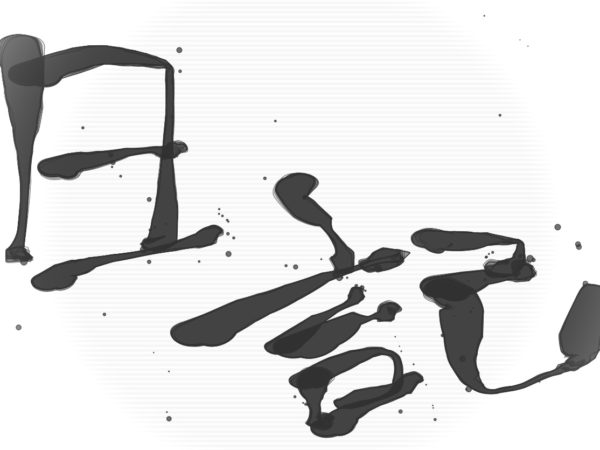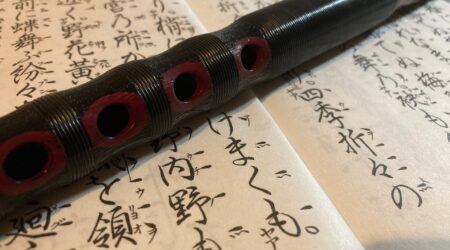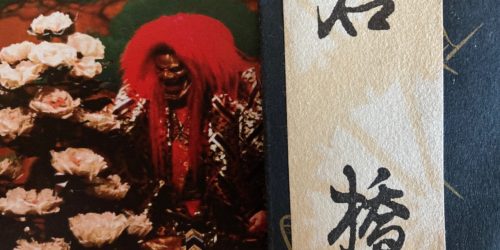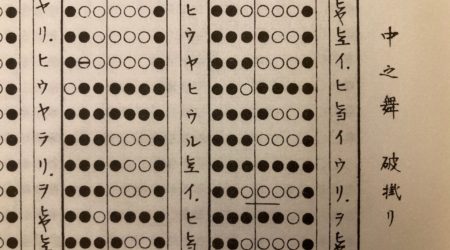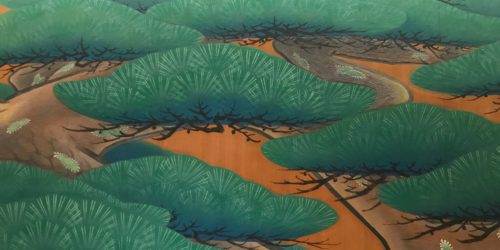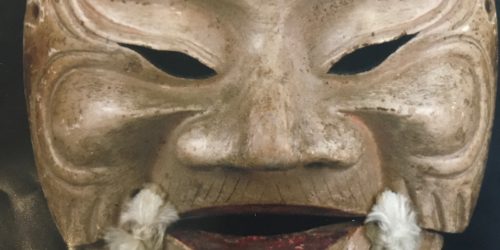Toru is one of my favorite Noh plays
The other day, I saw a Noh play called “Toru” at Kanze Noh theater in Tokyo.
Toru is one of my favorite Noh plays.
In general, Noh plays are thought of as profound abstract dramas.
So, Noh plays aren’t popular in Japan at all.
Many Japanese people say, “I cannot understand Noh plays”.
They try to understand Noh plays by using only knowledge from guidebooks.
However, I think that it is important to have empathy for Noh plays because universal human conflicts are featured in the Noh plays.
So, I don’t think that Noh plays are just dramas based on history or classical literature.
The Noh play called Toru is no exception.
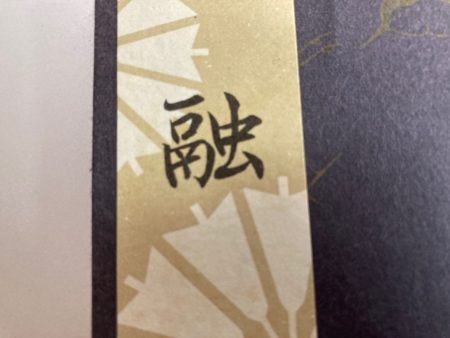
MINAMOTO no Toru was born as the son of Emperor Saga in 822.
However, his life didn’t always go as he wanted.
He lost a struggle for political power.
After that, he constructed a spectacular mansion with a large garden in Kyoto, and he spent the rest of his life there.
He immersed himself in a poetic life.
I think that it could have been his resistance to go against his fate.
After his death, his mansion was in a desolate state.
A rumor spread that the ghost of MINAMOTO no Toru rambled about the mansion.
In the Noh play called Toru, a traveling monk visits the place, and he meets the ghost of MINAMOTO no Toru.
The climax of this Noh play is a beautiful dance by the ghost of MINAMOTO no Toru.
He dances while recalling his good old days in the moonlight in his garden, which he is proud of.
Lastly, he disappears as day breaks, as if it was a dream.
Every time I see this Noh play, I think that our lives are also short, empty dreams.
Our time are limited, and we will die someday. The substance of each person will disappear from this world.
During our lives, time is fleeting.
So, there may be no boundaries between dreams and realities.
This Noh play taught me that.
